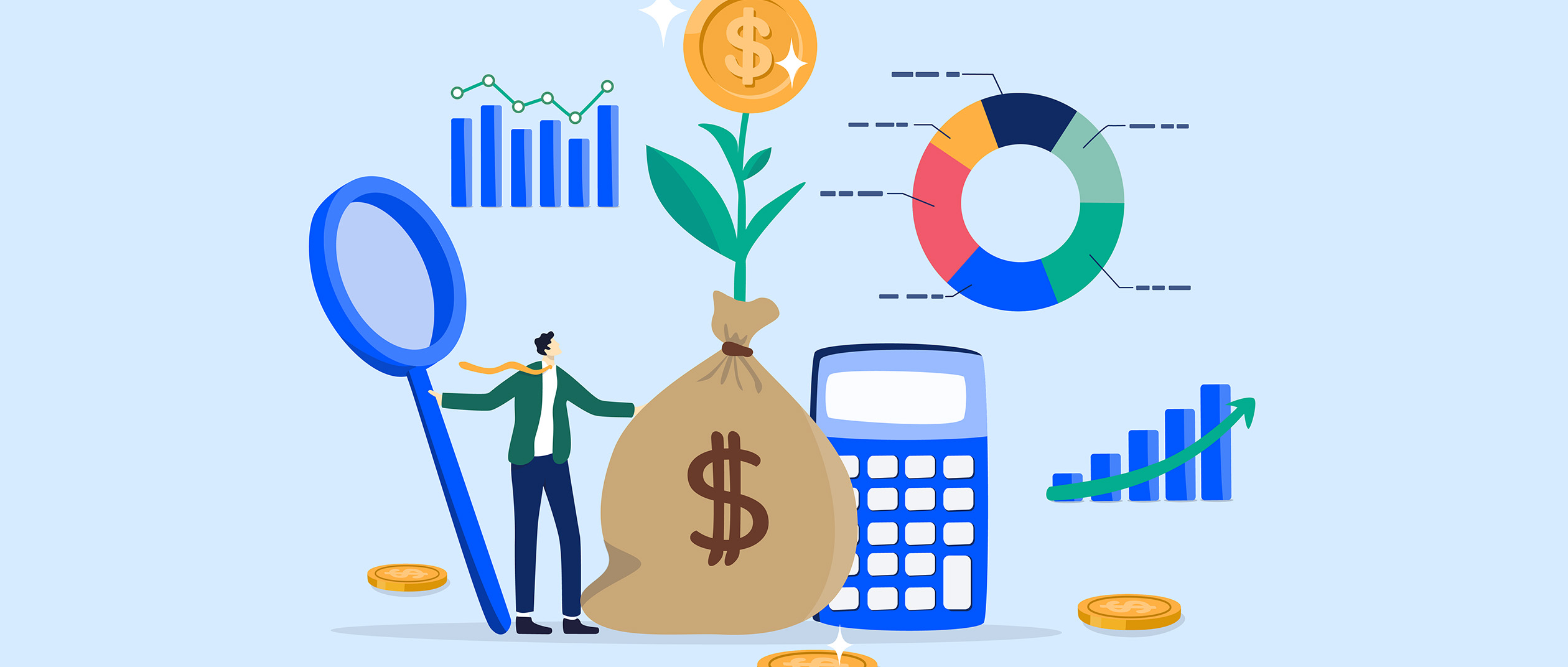The startup cost template can help you decide how much money you’ll need to have before you start up your new business. This tool addresses two key financial areas that must be examined in order to make the smartest business decision.
They are:
- Initial costs.
- Working capital (running costs for a number of months).
You can download the full article and editable PDF template using this link: Coast Capital Startup Cost Template
1. Enter your estimated one-off costs
All start-up businesses have start-up costs. Your initial costs include expenses associated with starting your business such as:
- Equipment and assets – such as vehicles and furniture.
- Office equipment – such as computers, telephone systems, copiers, and water coolers.
- One-time costs – such as franchise fees, rent deposit, initial lease payments, legal fees, and initial stock.
In the capital cost section, enter the costs of your businesses’ equipment and assets and each of the expected lifespans. Add any one -time costs into the so named section.
2. Enter your monthly costs
Switch to the monthly costs section and enter your business’s monthly running costs. These are the costs that your business will incur regardless of your level of sales – such as rent, insurance and loan repayments.
For example, you might be starting up a retail store selling electronic goods and your monthly running costs include:
- Insurance – at $150 a month
- Rent – costing $555 per week ($2,400 each month, assuming your store doesn’t close for an annual holiday)
- Advertising – averaging out at $200 each week ($867 per month)
- Electricity – at an estimated monthly average of $400 (These examples are for illustrative purposes only)
3. Estimate time to profitability
Enter an estimate of the number of months you think it will take before your business becomes profitable. This is used to calculate an estimate of the amount of cash you’ll need to cover your running costs.
Once you’ve entered your estimated costs and revenue figures, the template presents you with a summary estimating how much money you need to get started, how much money you’ll need to run your business on a monthly basis, and how much cash you’ll need to have available until the business becomes profitable.
The Stuff We Need To Say
This content is for general information purposes only. It is not to be relied upon as financial, tax, or investment advice or guarantees about the future, nor should it be considered a recommendation to buy or sell. You should consult your own professional advisor for specific financial, investment, and/or tax advice tailored to your needs to ensure that individual circumstances are considered properly and action is taken based on the latest available information.



